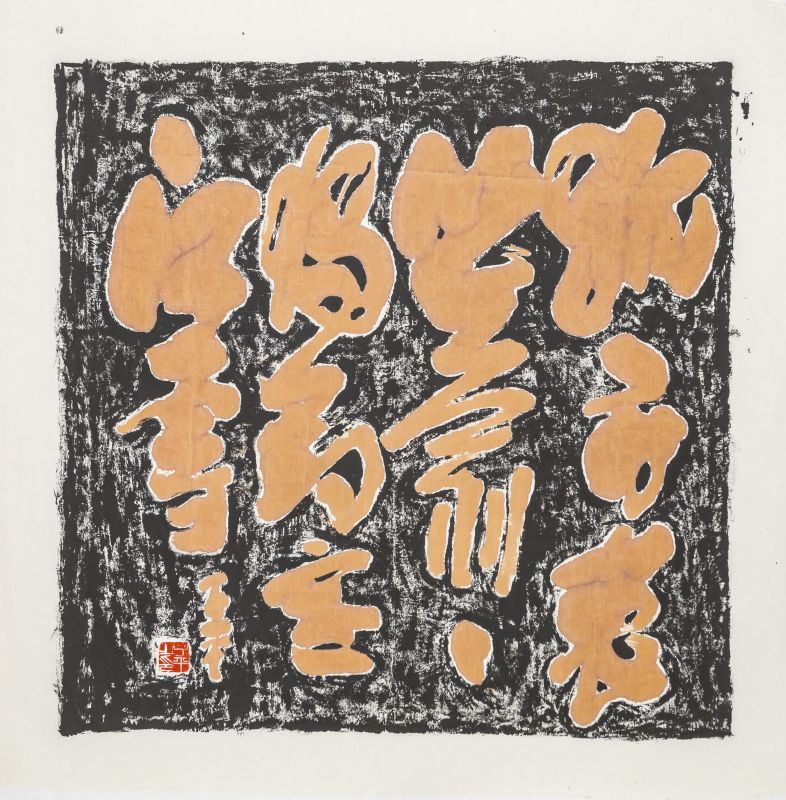Enquire
Chat with us on WhatsApp
Chat with us on WhatsApp
About the artwork
The famous line "孤舟蓑笠翁,独钓寒江雪" comes from a Chinese poem titled 《江雪》 (River Snow), written by Liu Zongyuan (柳宗元), a poet and philosopher of the Tang Dynasty. This poem is known for its concise yet profound imagery and was written around the 9th century. Meaning of the Poem Here’s the full poem in Chinese: 千山鸟飞绝, 万径人踪灭。 孤舟蓑笠翁, 独钓寒江雪。 Translation and Meaning Translation: A thousand mountains, no trace of birds in flight, Ten thousand paths, no sign of human presence. In a lone boat, a man clad in a straw cape and hat, Fishes alone in the snowy river. Meaning: The poem reflects the scene of solitude and resilience, depicting a fisherman isolated in a vast, snowy landscape. The solitary figure, represented as the "old man" (蓑笠翁), is undeterred by the harsh, cold surroundings, fishing alone in the quiet desolation. It symbolizes both an inner peace with nature and the poet's feelings of seclusion or detachment from worldly affairs. This scene often represents resilience, self-reliance, and serenity amid isolation, capturing the essence of classical Chinese aesthetics in nature poetry.
About the artist
Born in Singapore in 1921, Lim Tze Peng is one of Singapore’s most significant artists and a living legend. Renowned for his Chinese ink creations of post-independence Singapore, he also practices Chinese calligraphy. Alongside local and international exhibitions, his masterpieces are exhibited in prominent Singapore institutions and part of many prestigious collections. Lim has been bestowed several awards including the Special Prize at the Commonwealth Art Exhibition in England in 1977 and the prestigious Cultural Medallion in Singapore in 2003. In May 2012, he broke records with the sale of his works at a Christies auction in Hong Kong.




